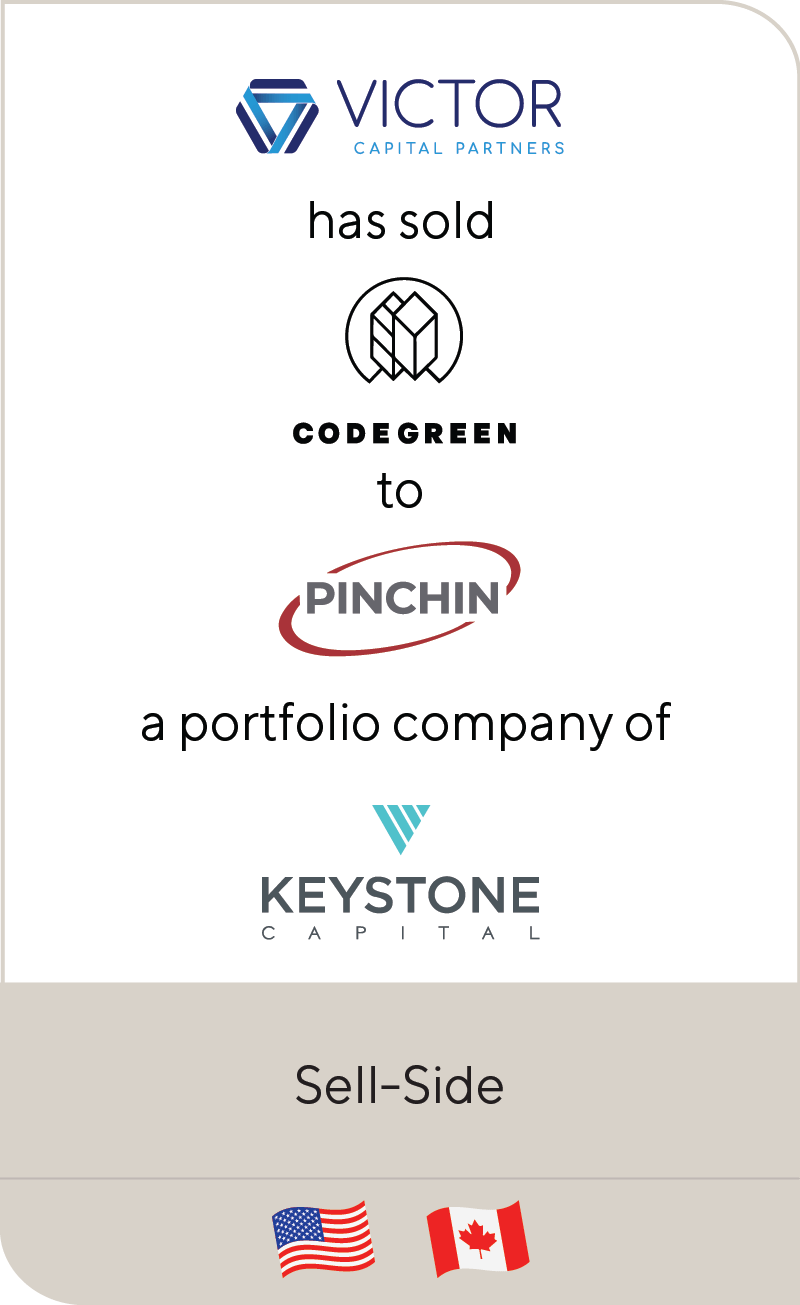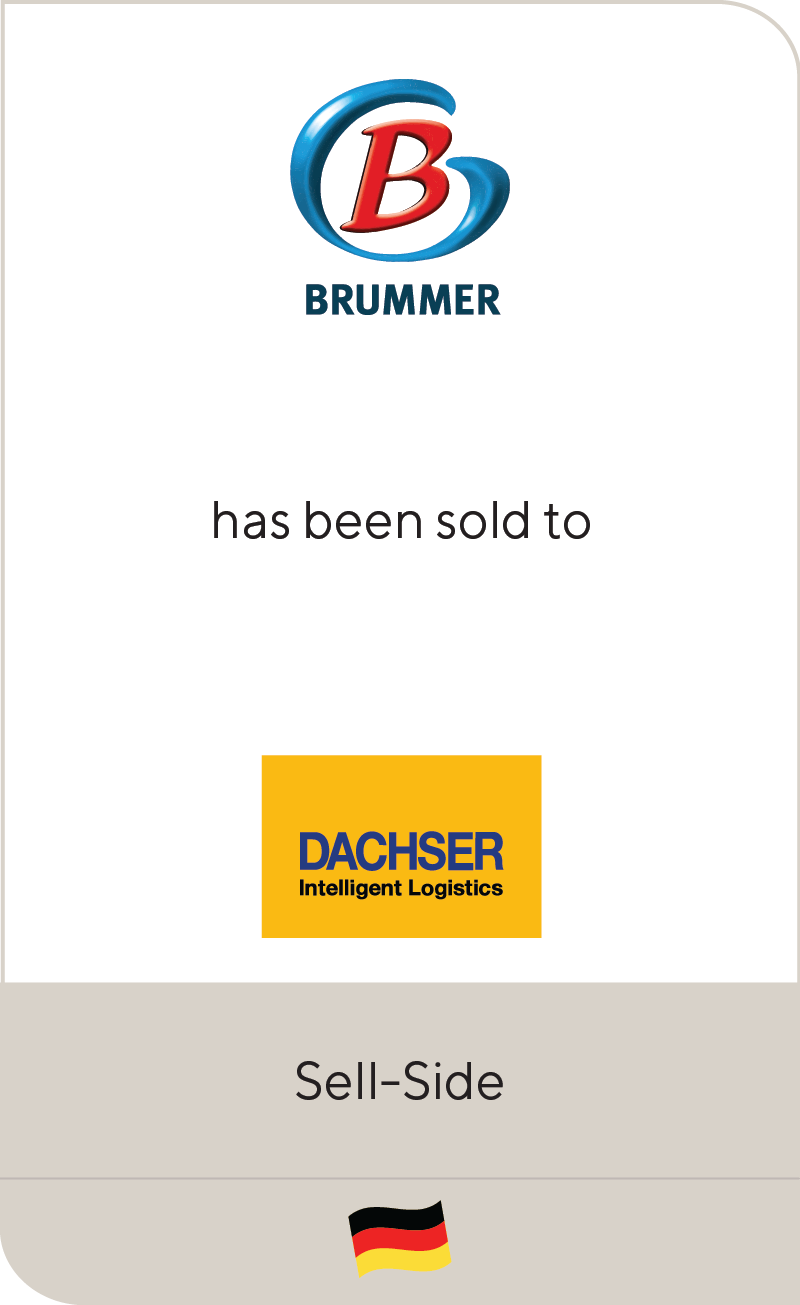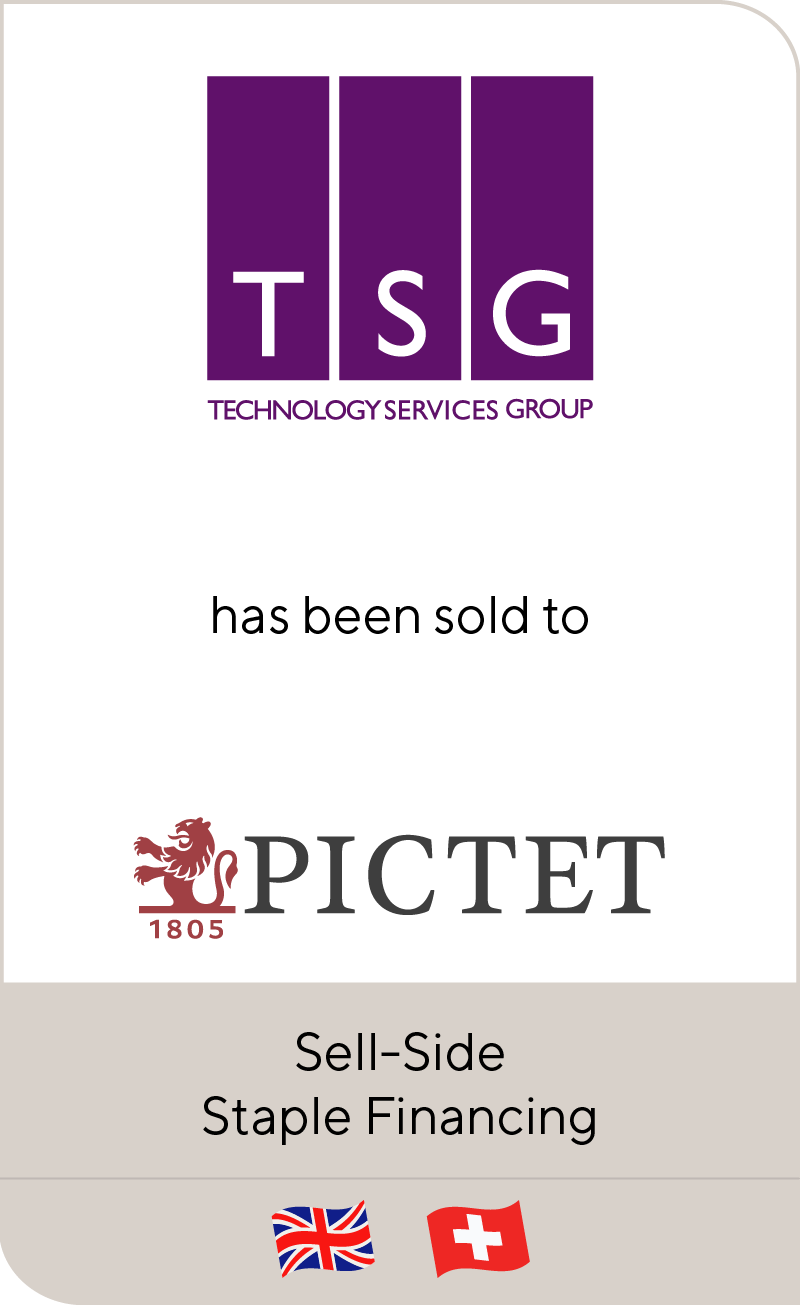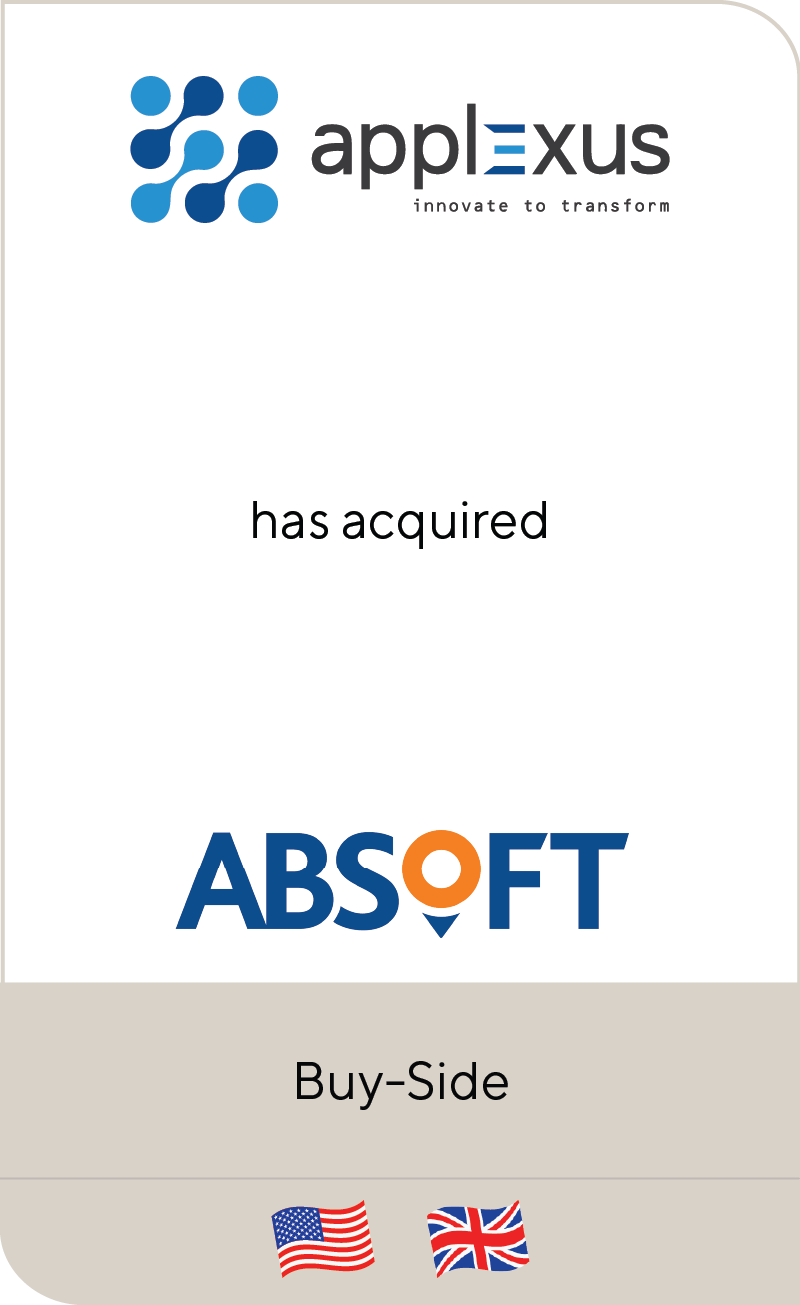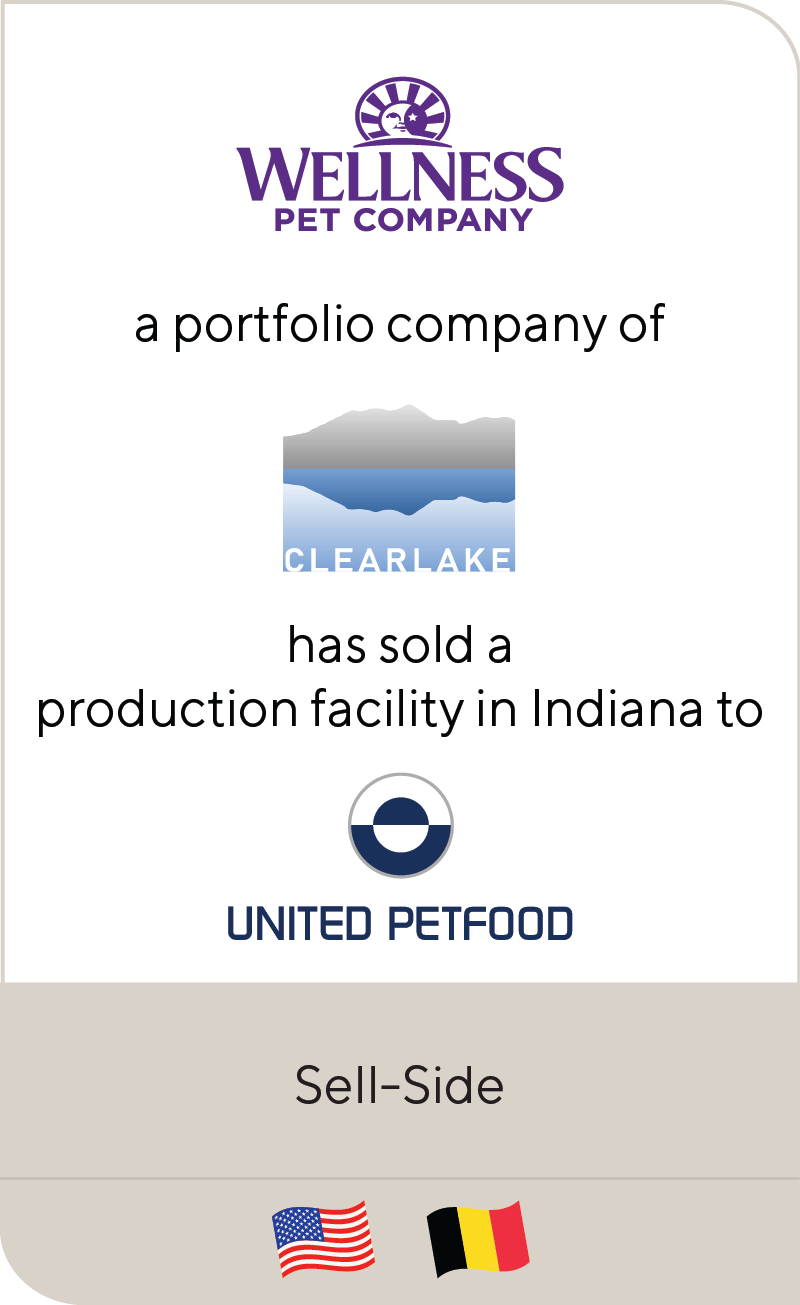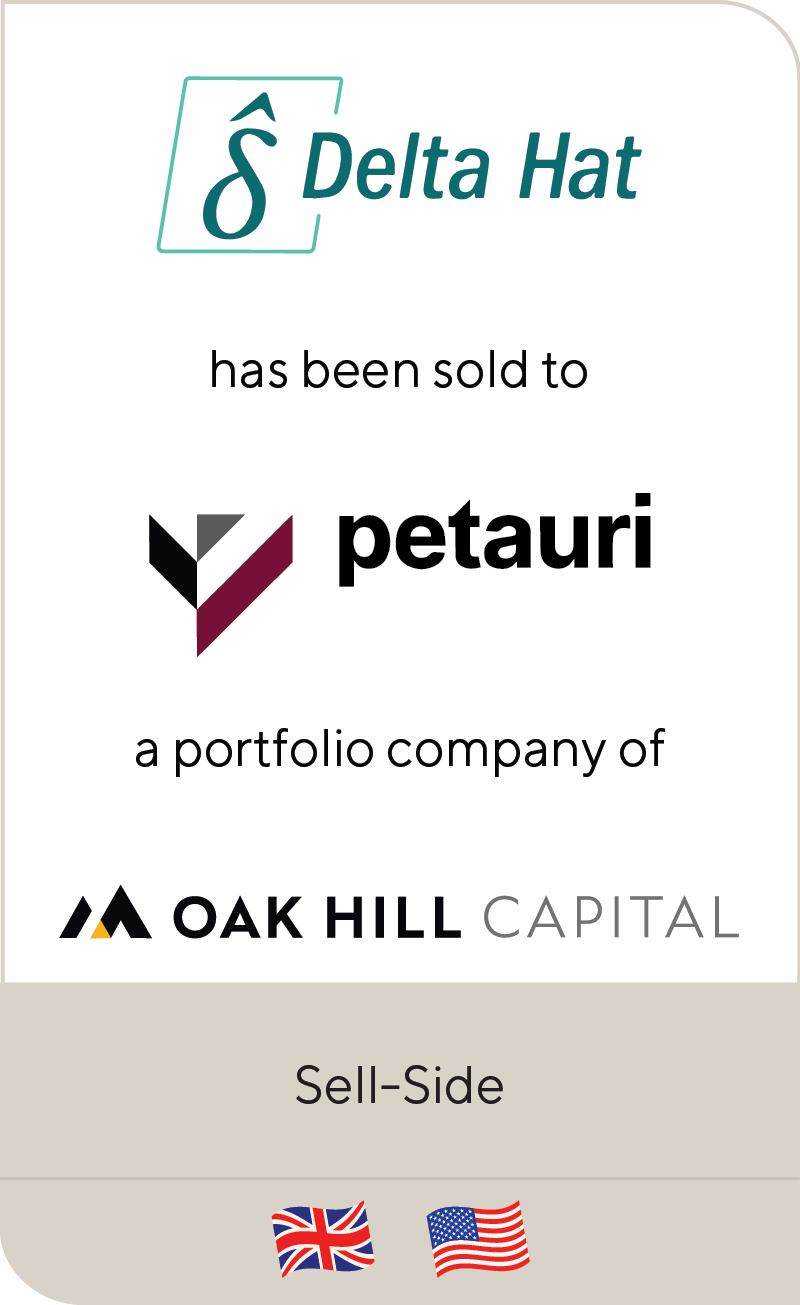Five Ways ESG Will Alter PE-Backed Dealmaking in the Next Five Years
Mar 2022
Under the pressure of the global pandemic, the push from shareholder to stakeholder capitalism crystalized. Company scrutiny came not only from traditional institutional investors like insurers, pensions and endowments — but also regulators, employees and a growing groundswell of retail investors. Public companies were held to a new yardstick: producing shareholder value as well as positive impact on people and planet.
While decades in the making, in 2021, the momentum behind Environmental, Social and Governance (ESG) undeniably reached the private markets. One-third of private capital under management is made up of ESG investments, totaling an estimated $3.1 trillion, according to Preqin. Blackstone poached Dr. Jean Rogers, founder of the Sustainability Accounting Standards Board, to oversee ESG for the private equity (PE) giant. The Carlyle Group and CalPERS formed an alliance to measure private company impact. Influential PE firms from TPG to Apollo launched dedicated funds to advance energy transition and decarbonization.
As the largest segment of the global economy, private markets have both the power and potential to change our world. For that potential to be realized, private markets must transition from ESG storytelling to actualizing ESG impact.
Here are five changes we expect to see in the next five years as ESG becomes fundamental to private market mergers and acquisitions (M&A):
Summary
-
Rob Brown, Lincoln International’s Global Chief Executive Officer, shares five ESG-driven changes he expects to impact private market mergers and acquisitions over the next five years.
- Click here to download a printable version of this perspective.
- Sign up to receive Lincoln's perspectives
| Buyers and sellers will incorporate ESG evaluation throughout sale processes
Evaluating a company’s environmental and social impact is complicated by a lack of consensus. Competing measurement frameworks, differing limited partner (LP) values, divergent geographical priorities and industry realities add to the complexity. Against this backdrop, ESG impact is currently in the eye of the beholder. For this reason, we expect both buyers and sellers to assume responsibility for ESG measurement as part of the sales process in an effort to take control of their ESG narrative. Private companies will pursue valuations which include an assessment of ESG. The question remains whether non-financial data will be incorporated alongside business fundamentals in determining enterprise value — or whether ESG will be carved out as a separate, standalone datapoint for the consideration of buyers who care. With rising concerns of greenwashing, third-party attestation from ratings or valuations providers may become essential for credibility. Likewise, both private equity and corporate buyers will consider available information, including ESG ratings and company ESG reports when identifying prospective acquisition targets. During the due diligence phase, sponsors will ensure that ESG claims are accurate and align with their stakeholder values. |
| General Partners (GPs) will voluntarily report out ESG performance to LPs
Last month the Securities and Exchange Commission proposed disclosure rules for private company financial data — reflecting a growing trend toward transparency in the private markets. Many PE firms have already begun the process of voluntarily collecting ESG data from their portfolio companies on an annual basis. As PE hires ESG experts and tracks their portfolio impact, we expect to see both fund-and-company-level ESG reporting become expected and standardized — with the ability for investors to meaningfully benchmark against private and public company comparables. Once regular reporting becomes the norm, we expect LPs to align their future capital allocation to fund managers who demonstrate the ability to both deliver ESG impact and healthy financial returns. |
| Private markets will reach consensus around an ESG measurement framework
The lack of consensus behind ESG measurement frameworks creates headaches for LPs and lenders. While GPs may continue to advocate for customized (or, as critics will label it, “cherry-picked”) ESG measurement, we expect the industry to rally behind a single framework for measurement within the next several years. Already, certain goals are transcending geography and industry, such as reaching net zero emissions. Evolving official and unofficial regulatory pressures, such as the European Union’s Sustainable Finance Disclosure Regulation, may also drive consensus. |
| More PE firms will launch dedicated impact funds
Dedicated impact funds make it easier for GPs to align investment mandates to LPs with a stated interest in ESG investment, and seek lenders focused on green credit. As LPs come under scrutiny to deploy capital responsibly, pressure from asset owners on the PE industry is expected to increase. Beyond the moral imperative, we expect impact funds to continue to build in popularity due to a compelling investor rationale: outperformance. While more data is needed to demonstrate return of ESG investments, GIIN’s 2020 Impact Investor Survey found that 86% of PE impact investors reported performing in line with or exceeding their financial performance expectations. |
| Longer hold times will lead to more sustainable private market outcomes
One of the greatest challenges that private equity has in creating ESG impact for their portfolio companies is the short time horizon of investments. We expect the rise of continuation funds and growing private equity appetite for longer hold times on attractive investments to allow for more thorough and practical ESG goal setting and realization. |
The private equity playbook for value creation is clearly evolving to include environmental responsibility, economic opportunity and diverse representation. This is a chance for the industry to demonstrate the power and potential of private markets to create more than financial value.
Contributor

My goal is to inspire and motivate our people to make a true impact with their clients, their colleagues and their communities.
Robert Brown
CEO | Managing Director | GP-Director
ChicagoMeet Professionals with Complementary Expertise in M&A

I am a rigorous advocate for my clients with a hands-on, communicative approach, focused on delivering intense advocacy and outlier results.
Sean Bennis
Managing Director & U.S. Co-head of Industrials
Chicago
I am enthusiastic about creating sustainable growth and the highest value for our clients and strive to leave a positive footprint beyond any successful M&A transaction.
Friedrich Bieselt
Managing Director & European Head of Business Services
Frankfurt
I enjoy leading clients and realizing their objectives, while structuring solutions to issues that are both intriguing and challenging.
Øyvind Bjordal
Managing Director | Head of Switzerland
Zurich
I am inspired by working with entrepreneurs and innovators who feel passionately about what they are creating.
William Bowmer
Managing Director & U.S. Co-head of TMT
San Francisco
I deliver a hands-on approach to provide strategic advice to my clients throughout the transaction and beyond.
Chris Brooks
Managing Director & European Co-head of TMT
London
My goal is to inspire and motivate our people to make a true impact with their clients, their colleagues and their communities.
Robert Brown
CEO | Managing Director | GP-Director
ChicagoRelated Perspectives in M&A

Packaging Quarterly Review Q2 2024
Over the last several years, the packaging industry has undergone significant transformations driven by rapid advancements in technology. From the introduction of innovative materials and sustainable practices to automation and… Read More

Investors in Healthcare | Q&A with Lincoln Professionals
Originally posted by Investors in Healthcare on July 25, 2024. Lincoln International, the U.S.-headquartered global investment banking advisor, is a well-known name in the European healthcare markets, providing advice to… Read More

Industrials Strength: Acceleration in Global Industrials M&A
Lincoln Industrials closed 28 transactions globally thus far in 2024. Across our industrials offering – from aerospace and defense to mobility, engineered components to building products, and infrastructure to specialty… Read More

Lincoln International adds TJ Monico as Managing Director
Lincoln International, a global investment banking advisory firm, is pleased to announce that TJ Monico has joined as a Managing Director to help lead the firm’s distribution practice. TJ has more than… Read More







